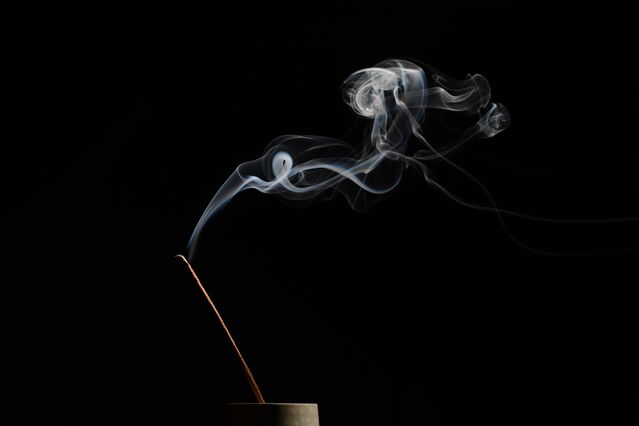Anxiety
The Power of Rituals
Personal rituals can enhance your life.
Posted April 11, 2021 Reviewed by Lybi Ma

Before every show, Beyoncé listens to the same playlist, performs stretches, and meditates for precisely one hour. This is part of her pre-performance ritual.
Rituals help to structure our lives. People perform group rituals that demarcate significant social events and milestones such as singing at birthday parties, celebrating at weddings, and mourning together at funerals. Individuals also have personalized rituals that help to organize their days, such as getting that morning cup of joe, performing a bedtime routine, or stretching before going on stage.
Research shows that rituals can offer numerous psychological advantages such as helping us savor experiences, giving us a sense of control, and reducing anxiety.
As surprising as it might sound, researchers from the University of Minnesota and Harvard found that enacting a ritual enhanced how much people enjoyed eating chocolate. Before having participants consume a chocolate bar, the researchers asked participants to perform a ritual by breaking the chocolate bar in half without removing the wrapper, then unwrapping only half of the bar and eating it, and finally unwrapping the other half and eating it. Compared to people who simply relaxed before devouring the chocolate, those who had performed the ritual reported enjoying the chocolate more, ate it more slowly so they could savor it, and reported that it was more flavorful. Rituals appear to heighten how involved we are in our experiences.
Rituals can also enhance how much control we feel we have. Researchers from Harvard conducted a study in which they had groups of 9 to 15 people show up for a session in which one of the participants won $200 in a lottery and was allowed to leave the session early. Some of the remaining participants then drew a picture on a piece of paper depicting how they felt, whereas others engaged in a ritual in which they drew the same picture, but then sprinkled a pinch of salt on the paper, tore it up, and counted to ten five times. When all of the participants subsequently completed a scale assessing how much control they were experiencing, those who had performed the ritual reported a heightened sense of perceived control. Interestingly, the results were not affected by whether or not people believed that rituals are effective in influencing how people feel. Those who didn’t believe that rituals worked were influenced by the ritual just as much as those who believed they are truly effective.
The ability of rituals to enhance our sense of control may explain why they can also help alleviate anxiety and improve performance. In a 2016 study, researchers asked participants to engage in the anxiety-provoking task of singing a popular Karaoke song in front of an experimenter. Before singing, some participants just sat quietly while they waited, whereas others were asked to perform a ritual similar to the one described above: they drew a picture, sprinkled salt on it, counted to five, crumpled up their drawing, and threw it in the trash. The results showed that compared to participants who had sat quietly before singing, those who performed the ritual reported being less anxious and sang the song more accurately using the correct volume, pitch, and note duration. If you think Beyoncé performs well at her concerts, maybe her ritual has something to do with it.
We can incorporate rituals into countless aspects of our lives. We can light a candle at the end of the workday to enhance how much we savour our leisure time. We can regularly visit locations that are special to us to de-stress and feel more in control. We can meditate before important tasks to reduce our anxiety and enhance our performance. The choice is ours. Research suggests that introducing rituals into our lives can be a valuable part of effective living. Are there any rituals you might like to add to your regular routine?


